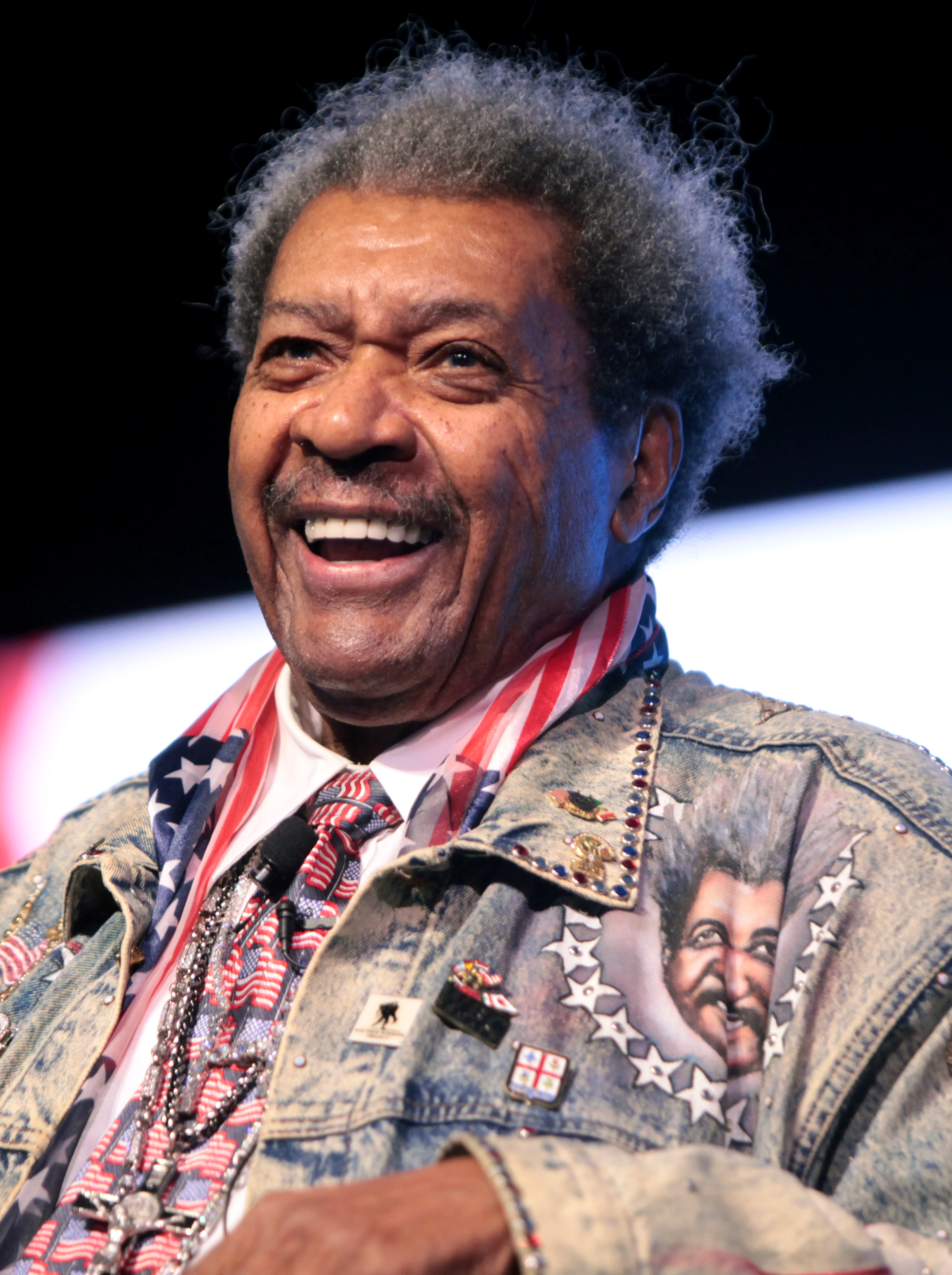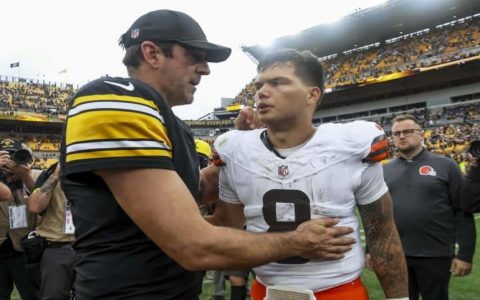Don King's net worth was built through strategic mastery of boxing promotion, leveraging both innovation and controversy. Here are the core financial tactics behind his empire:
Secret #1: Rigorous Contract Control
King secured ironclad contracts granting him exclusive promotional rights and disproportionate revenue splits (often 50%+) from fighters' purses. Multi-year agreements with clauses like automatic extensions prevented boxers from switching promoters.
Secret #2: Global Rights Monopolization
He pioneered securing all ancillary rights to fights—including global TV licensing, closed-circuit broadcasts, and merchandising—retaining up to 80% of these revenues. This transformed single bouts into multimedia profit centers.

Secret #3: Political Maneuvering
King cultivated relationships with authoritarian regimes (e.g., Mobutu in Zaire) to host mega-fights like "The Rumble in the Jungle." Government sponsorships covered production costs while he pocketed international broadcast earnings tax-free.
Secret #4: Revenue Stacking
Simultaneous revenue streams were engineered for each event:
- Site fees from host cities/countries
- PPV & closed-circuit licenses (40+ countries)
- Sponsorship tiers (e.g., Coca-Cola for Tyson fights)
- Rebroadcasting syndication
Secret #5: Contingency Exploitation
Fight contracts included hidden financial triggers:
- Automatic purse reductions if opponents withdrew
- Penalty clauses forcing fighters to pay for delays
- Championship clauses that increased King's cut after title wins
King's blueprint centered on controlling all revenue channels while minimizing promoter risk. His aggressive tactics in contract law, geopolitical dealmaking, and rights management created boxing's first billion-dollar promotion machine.








